Energy Grants, Funding & Schemes
Who is eligible for funding?
Home energy efficiency grants offer funding for measures that will improve the energy efficiency of your home. Installing energy efficient measures in your home will reduce your carbon footprint and save money on the energy bills.
Many energy efficiency and home improvement schemes are designed for those in receipt of certain means tested benefits or with a low household income.
There are other incentives available if you are not eligible for funding. These help towards installing energy efficient measures in your home.

What funding is available?
Energy Company Obligation (ECO)
The ECO scheme is a UK government-led energy efficient scheme that promotes the reduction of carbon emissions and tackles fuel poverty.
Great British Insulation Scheme (GBIS)
GBIS widens the eligibility for free energy efficiency funding for your home. It is available to homes with an EPC rating of D or lower and Council Tax band A to D in England and A to E in Scotland and Wales.
Local Authority Flexible Eligibility (LA Flex)
LA Flex is available to those who aren’t in receipt of means tested benefits but are living in fuel poverty or are on low income and vulnerable to living in a cold home.
Boiler Upgrade Scheme (BUS)
The Boiler Upgrade Scheme provides a grant of up to £7,500 to cover part of the cost of replacing fossil fuel heating systems with a heat pump or biomass boiler in England and Wales.
Smart Export Guarantee (SEG)
If you generate renewable electricity in your home or business, you can feed back into the grid any electricity that you don’t use. Under the Smart Export Guarantee (SEG) you will be paid for electricity that you have generated into the grid.
Not Eligible for Funding?
There are other incentives available if you’re not eligible for funding. These help towards the cost of installing energy efficient measures in your home. Not only do these products reduce your carbon footprint, they also help you save money on the energy bills. We also have wide range of energy efficient products available on finance, helping you spread the cost.

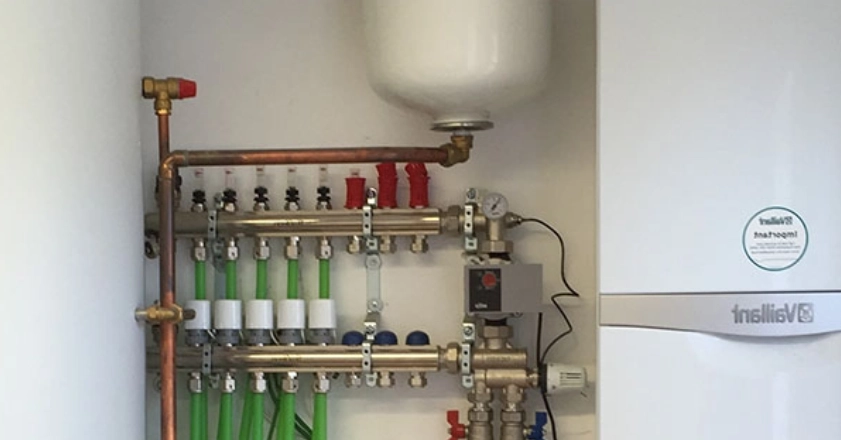
Boiler Replacement
If your boiler is more than 15 years old, you may be entitled to a new A-Rated combi boiler completely free of charge under the ECO 4 scheme. ECO 4 funding revolves around increasing the EPC band up to a C. These works can significantly lower your gas and electric bills.
Replacing your old gas boiler with a new condensing combi boiler will increase the efficiency of your home.
First Time Central Heating Grants
First Time Central Heating Grants are available for the installation of central heating systems into homes which DO NOT HAVE and have NEVER previously had a central heating system.
If your home has a mains gas supply and gas meter (which were both installed before April 2022 you can apply for gas central heating, if not you can apply for an air source heat pump to be installed.
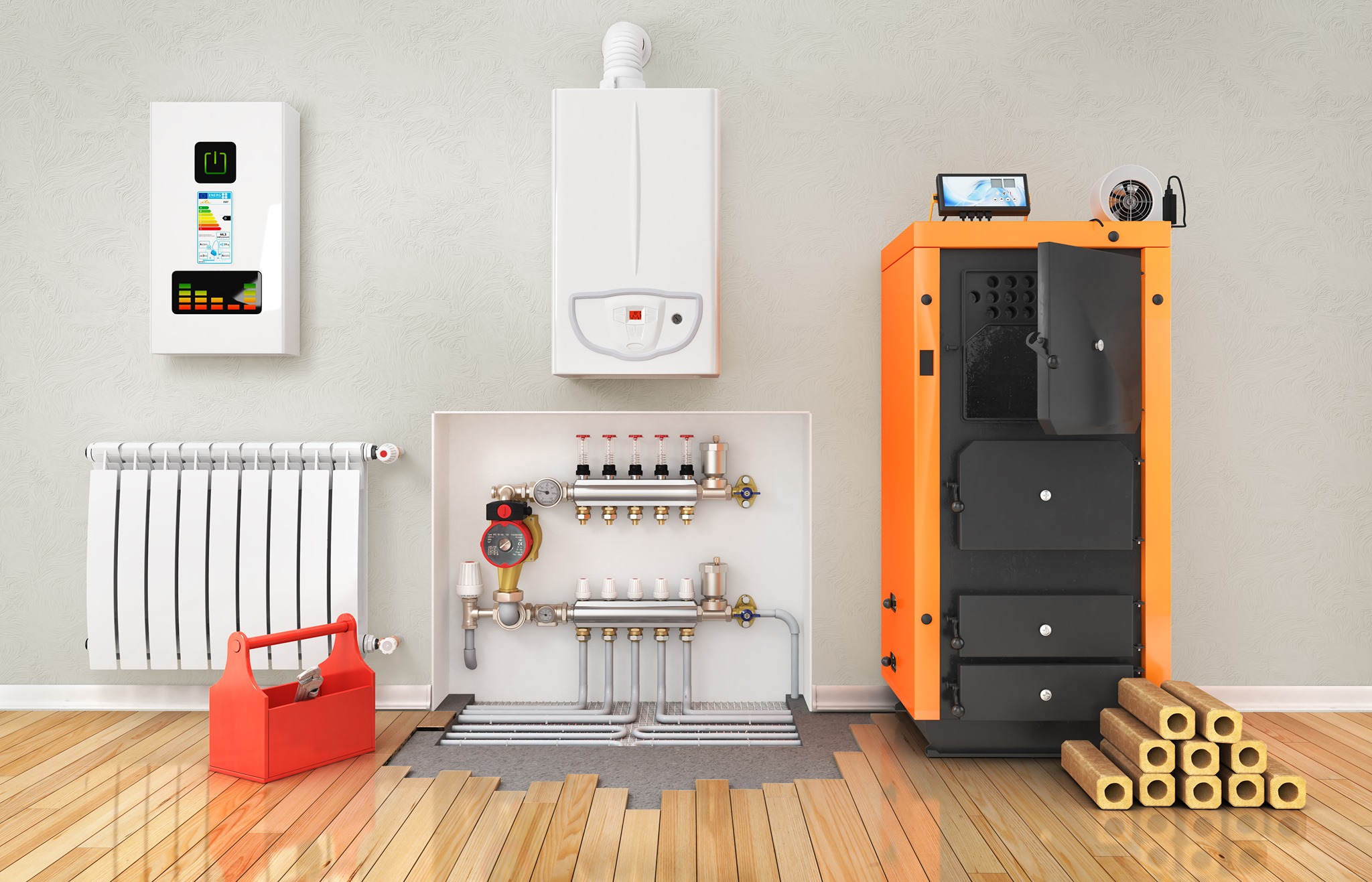
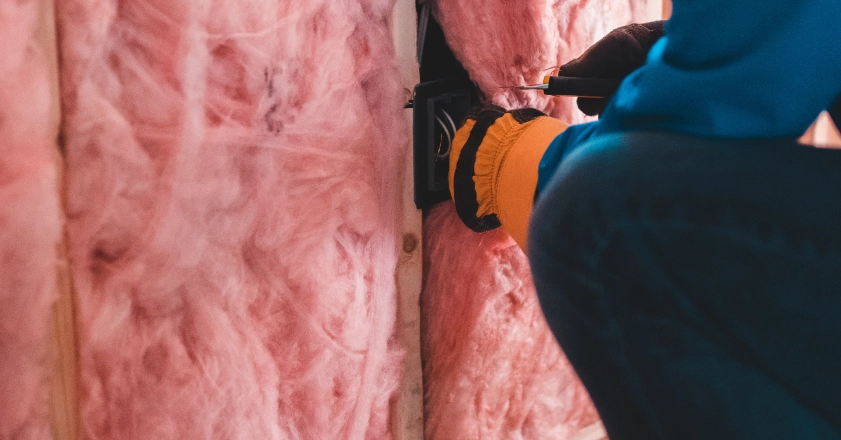
Home Insulation Funding
You may be able to get support to install:
Cavity wall insulation
External Solid wall insulation
Internal Solid wall insulation
Loft insulation
Flat or pitched roof insulation.
Room in roof insulation
Solar Panels
Solar power is a renewable energy source and protect you from future energy price rises. Home energy bills will be reduced as you generate your own electricity. It is possible to receive payments for electricity you generate but don’t use.
Requirements for Solar Panels on your home
The position of your home’s roof should face between east and west for maximum exposure to the sun.
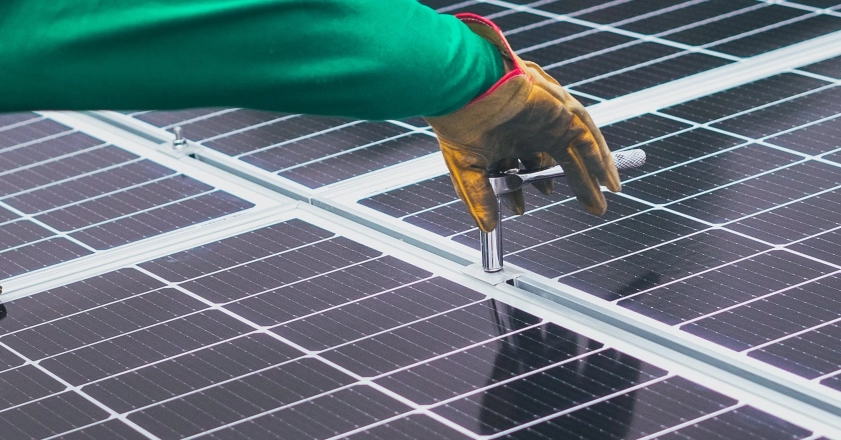
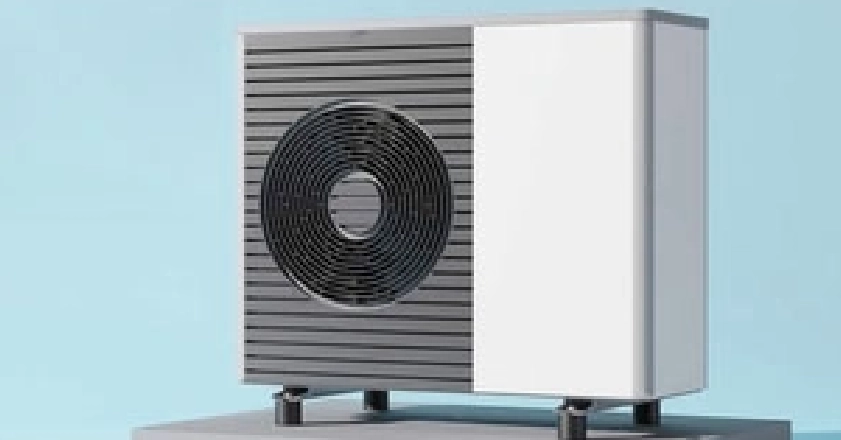
Air Source Heat Pumps
An air source heat pump (sometimes referred to as an air-to-water heat pump) transfers heat from the outside air to water. This in turn heats rooms in your home via radiators or underfloor heating. It can also heat water stored in a hot water cylinder for your hot taps, showers, and baths
Heat from the air is absorbed into a fluid. This fluid then passes through a heat exchanger into the heat pump, which raises the temperature and then transfers that heat to water.
